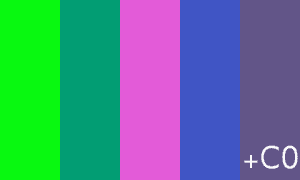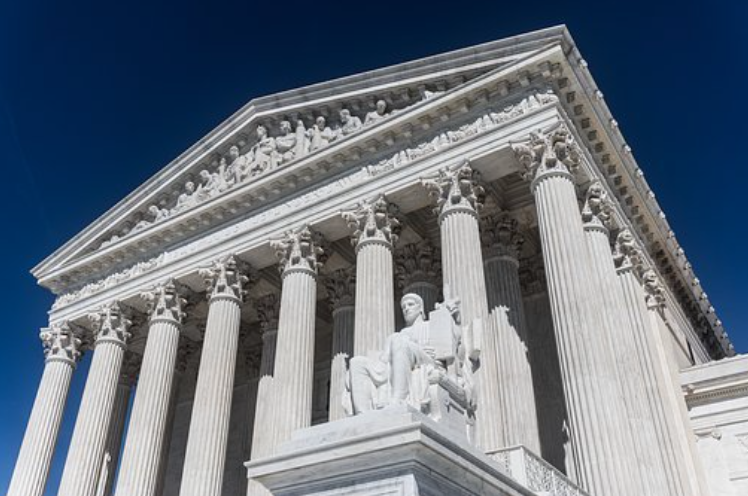The Supreme Court recently gave the go ahead for a Georgia Govinnet College student to pursue a free speech lawsuit.
Earlier this week, the Supreme Court ruled that a Georgia student can go ahead with their lawsuit that claims his right to free speech was violated at his college, Georgia Govinnet College. The student is Chick Uzbegunum and the incident related to the suit happened in 2016. According to the lawsuit, the college, which is spread out over 260 acres, only has two small concrete areas designated for use as ‘free speech expression areas.’ In total, the two areas only make up about .0015% of the campus. As if that’s not restrictive enough, the free speech zones were only available “on weekdays and for only four hours on most days and two Fridays…students could reserve them once every 30 days.”

So what happened? What prompted the lawsuit? According to the suit, Uzbegunam, an evangelical Christian, reserved a spot in one of the zones as the school rules required. However, other students complained and a campus police officer even told him he “could only distribute literature and have one-on-one conversations.” He also told Uzbegunam that “public speech in a free speech area amounted to disorderly conduct.”
As a result, Uzbegunam claims his First Amendment rights to free speech were violated.
The college pushed back, however, and argued that Uzbegunam was using “controversial religious language, which when directed to the mob, has a tendency to provoke enmity.” Soon after, the school “dropped its defense of its speech code” and revised its policy to allow “students to speak anywhere on campus.” These changes to the free speech code made the case even more controversial, though.
It’s important to note that, in filing the lawsuit, Uzbegunam is only seeking nominal compensation. In writing for the majority in the 8-to-1 ruling, Justice Clarence Thomas called “for a request for a token amount, usually a dollar, satisfying the Constitution’s requirement that federal courts make only genuine cases or disputes in cases…The fact that the college had withdrawn the speech code challenged in the suit did not rob the case…Despite being small…the nominal loss is certainly solid.”
Justice Thomas further explained the role of nominal damages by saying:
“By permitting plaintiffs to pursue nominal damages whenever they suffered personal legal injury…common law avoided the oddity of privileging economic rights to small dollars more than significant. But not simply quantitative, non-economic rights.”
Chief Justice Roberts disagreed and wrote the following:
“So far, we have said that federal courts can only review the validity of policies and actions as a necessary event to resolve substantive disputes. Going forward, the judiciary must perform this function whenever a litigant asks for a dollar, for those who want to know that their rights have been violated, the least dangerous branch will become the least expensive source of legal advice.”
Sources:
Supreme Court Backs Georgia Gwinnett College Student’s Free Speech Lawsuit


Join the conversation!